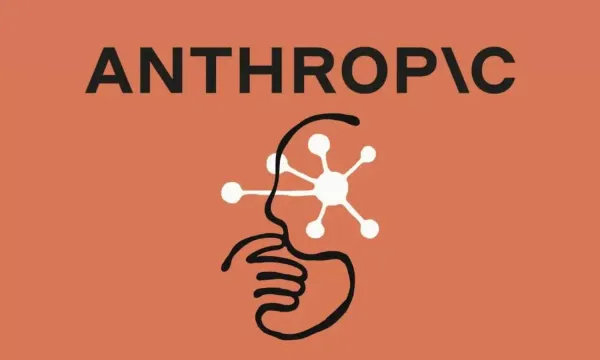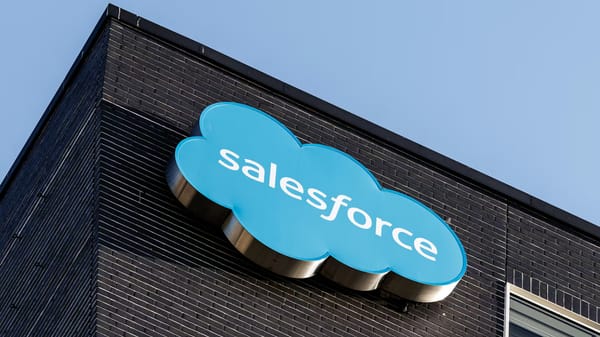Israeli Startup Tenzai Raises $75 Mn to Build ‘Autonomous Hacker’ AI for Enterprise Security
Tenzai’s platform uses AI agents to actively hack, exploit, and remediate vulnerabilities in enterprise software.

Tenzai, an AI-native cybersecurity firm, has raised $75 million in a record-setting seed round to launch its autonomous, agentic penetration-testing platform.
Proceeds from the round will fund the expansion of Tenzai’s AI research and security teams, the enhancement of its offensive automation capabilities, and growth into North American and European markets.
Tenzai’s platform uses AI agents to actively hack, exploit, and remediate vulnerabilities in enterprise software — essentially simulating skilled offensive hackers but at machine speed.
The company says this approach will enable “always-on” security testing that matches the rapid development cycles of modern AI-driven code.
“Pentesting hasn’t changed much since I was a pentester in high school some 25 years ago,” said Pavel Gurvich, co-founder and CEO of Tenzai. “Back then the work was episodic and manual. Today, AI allows us to bring elite, nation-grade offensive capabilities at a scale and speed that were previously impossible.”
Tenzai was founded by a team of cybersecurity veterans: Pavel Gurvich, Ariel Zeitlin, Ofri Ziv, Itamar Tal, and Aner Mazur.
Gurvich and Zeitlin previously co-founded Guardicore (acquired by Akamai in 2021), while Mazur was a founding product leader at Snyk.
The round was led by Greylock Partners, Battery Ventures, and Lux Capital, with support from Swish Ventures and other prominent angel investors.
“AI generated code is creating new cybersecurity risks and challenges for enterprises,” said Asheem Chandna, Partner at Greylock Partners. “We are excited to partner with the exceptionally talented team at Tenzai, on the mission to build the industry's leading agentic AI penetration testing platform.”
Early deployments are already underway in financial services, healthcare, and technology sectors.




